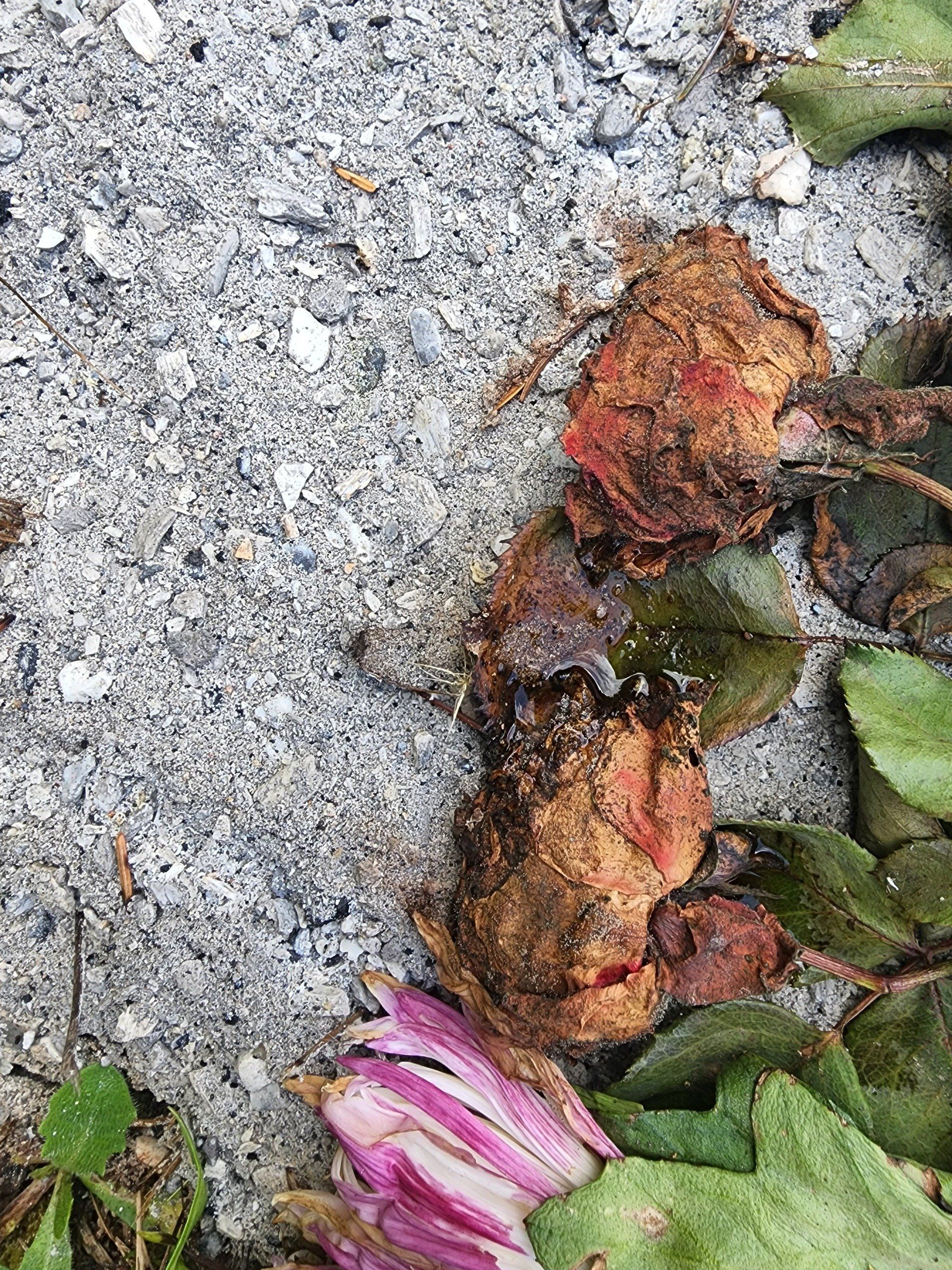Greenwashing; Death Care Considerations
Greenwashing has entered funeral care.

Greenwashing is a marketing tactic that companies use to make their products seem more environmentally friendly than they actually are. It's a way for companies to appeal to consumers who care about the environment and want to make ethical purchasing decisions. But in reality, greenwashing is often just a way for companies to profit off of the growing trend of eco-friendliness without actually making any significant changes to their products or practices.
Think about all of the products that you see marketed as "green" or "eco-friendly" - from cleaning products to clothing to cars. It's easy to get swept up in the idea that we're making a positive impact on the environment by purchasing these products. But the reality is often much different.
For example, a company might market a cleaning product as "natural" or "green," but upon closer inspection of the ingredient list, you might find that it contains harmful chemicals that are damaging to the environment. Or a clothing company might claim that their products are made from sustainable materials, but in reality, they're still contributing to the massive waste and pollution problem in the fashion industry.
It's important to be skeptical of companies that use greenwashing tactics to sell their products. Do your research and look for third-party certifications that verify a company's environmental claims. Don't just take their word for it.
At the end of the day, we all want to make a positive impact on the environment. But we need to do so in a way that's grounded in reality, not in marketing ploys. By being mindful of greenwashing tactics and supporting companies that truly prioritize sustainability, we can work towards a better future for our planet.
New Paragraph












